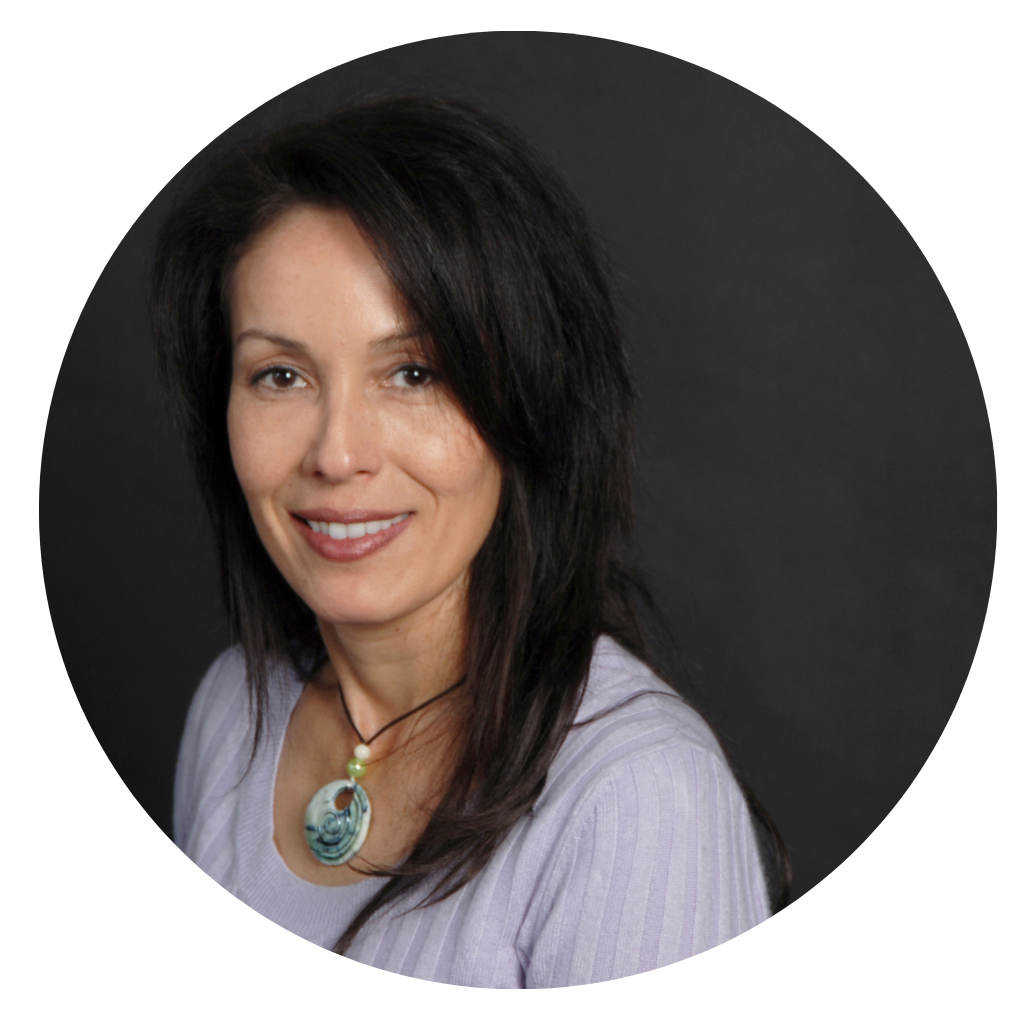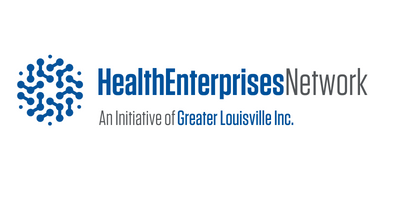
“Success occurs when preparedness meets opportunity. Achieve excellence in skills and intentionally develop the ability to network.“
Demetra “Dee” Antimisiaris, PharmD, Associate Professor, Dept. Health Management & Systems Sciences; Director, Frazier Polypharmacy & Medication Management Program; and Assistant Dean, Continuing Medical Education & Professional Development at the University of Louisville
HEN is proud to celebrate Asian American and Pacific Islander Heritage Month by highlighting a healthcare leader in our region who has positively influenced and enriched our community. The 2022 theme, “Advancing Leaders Through Collaboration,” speaks to the importance of working together to accomplish a goal in our healthcare ecosystem.
We talked to Demetra “Dee” Antimisiaris, PharmD, Associate Professor, Dept. Health Management & Systems Sciences; Director, Frazier Polypharmacy & Medication Management Program; and Assistant Dean, Continuing Medical Education & Professional Development at the University of Louisville, about projects she’s most excited about, her proudest accomplishment and advice she has for young women starting out in the healthcare industry. Highlights are below.
How did you begin your career in healthcare?
In undergrad at University of California, I majored in chemistry. The aim was to earn my PhD in chemistry. After working a summer as an intern at a oil refinery as an intern, I decided that working with pipes, fittings and organic chemicals was not a fun career path. My path to healthcare came from a desire to work with humans plus fascination with chemistry and ended up in pharmacy. After pharmacy school, I did a geriatric pharmacy residency to learn to manage polypharmacy in older adults. This led to a career as a long-term care pharmacy consultant. I really enjoyed working with older people, because they had so many interesting stories and wisdom to share.
Why did you feel compelled to help create a pilot Peer Health & Wellness Storefront Project?
We at AICH noticed a pattern of barriers to health and wellness in the first-generation AAPI Asian community, and we thought it worth trying to respond to this community need. The health system is driven by reimbursements and is a big complex ship sailing at speed in a direction, driven by forces that unintentionally exclude first generation immigrants. This ship is difficult to turn around quickly to help meet first gen immigrants. Until incentives align with needs in the community, peer support can not only help fill gaps and overcome barriers, but also shine light on what works best to improve outcomes. Examples include alcoholics anonymous, Alzheimer’s association, and numerous other peer support organizations. A book called “From Street Fair to Medical Home” is the story of how the Chinese community in San Francisco filled gaps in health care with a start of peer support at street fairs. That’s a medical model which is different than peer support but a similar concept with regards to originating in community peer support efforts.
What problem is it trying to solve for?
I started to notice that university students who were children of first-generation aging parents, often asked me questions about how they could help their parents with health problems. Their questions tended to be questions that multigenerational US born families would not typically ask. After talking to others, including AAPI physicians and reading what scientific literature exists about the topic, it was clear that the AAPI first generation immigrant (and all first gen immigrants) are the “hard to reach” patient. Because of barriers, by the time first generation immigrant present to the hospital and health system, they are very sick, with preventable problems. Peer to peer support is a proven way to help solve problems that are difficult for mainstream healthcare to solve. If successful, the model can be replicated in multiple communities beyond the AAPI community.
Tell me about your work on the board of Asia Institute – Crane House.
I have been an AICH board member for about 5 years. Historically, we have worked to help AICH with guidance and support for operations with a focus on AAPI cultural programming. The covid 19 pandemic hit AICH as well as so many other businesses by hindering routine programming. So, it was an interesting and challenging time to be a board member!
Who was an early mentor for you that helped shape your professional career?
I have had two careers. One as a pharmacy consultant in the private sector, fortunately for me, Irene Tamai Marshall, Pharm D (VAMC – UCLA geriatrics) was my mentor. Irene was decades ahead in geriatric pharmacy practice back in the 80’s. My academic career, mid-career, was here at U of Louisville. Dr. James G. O’Brien MD intentionally sought a geriatrics trained PharmD to lead the Frazier Polypharmacy Program. Dr. O’Brien trained at Duke which had one of the few early interdisciplinary geriatrics training programs. U of L has one of 25 departments of geriatrics in the country and under Dr. O’Brien’s leadership, intentionally targeted interdisciplinary care which is essential for older adults.
What advice do you have for young women (from Asian American and Pacific Islands) starting out in the healthcare industry or the business world?
My advice is related to something my mom never overtly talked about, but sometimes would quietly comment when she came across an AAPI woman as a pilot, principal accountant, or other lead position; she would say “you know they had to outperform everyone to get there”. The old saying that success occurs when preparedness meets opportunity is true. Leadership and opportunity requires skills and expertise, but also the ability to network. So, my advice is: achieve excellence in skills, and intentionally develop the ability to network. Leadership will not happen by networking alone, and if you have skills but no one knows it, is difficult to lead.
How do you honor your roots?
As my generation and my adult children melt into the fabric of American society, I try to support organizations that preserve AAPI – American history and culture. There is an organization for example, in Butte Montana that I support, one of the oldest Chinese communities in the US (Butte was one of the largest booming towns at the turn of the century and everyone came there for work!). The Mai Wah Society in Butte preserves a piece of American history that is being lost to the memory of the modern era. Also, this project with AICH and Humana Community Partners for the Peer Health and Wellness Storefront is my way of helping today’s AAPI community overcome barriers that my family lived with four generations ago.

Recent Comments